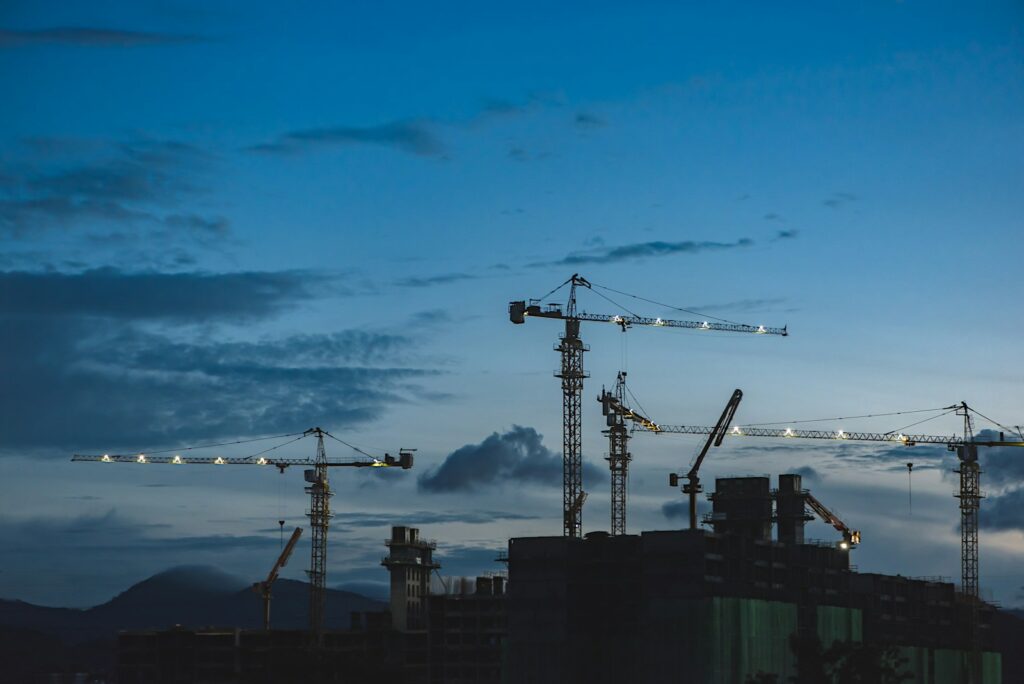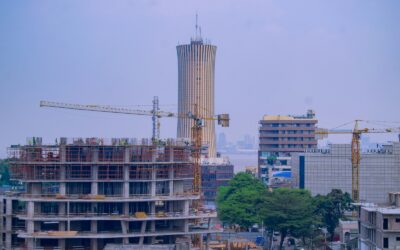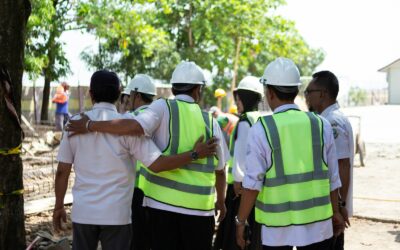A successful construction project doesn’t start when the first shovel hits the ground. It begins long before, during a critical phase known as preconstruction. This early planning stage shapes the entire project lifecycle, from initial concept to final handover. By defining the project scope, assembling the right project team, and conducting thorough early planning, preconstruction helps control costs and prevent costly surprises down the road. At South Coast Improvement Company (SCIC), we use our comprehensive preconstruction services to create clarity, reduce risk, and build a strong foundation for project success.
Understanding the Preconstruction Phase
So, what exactly is the preconstruction phase? It is the dedicated planning period that happens before any construction activities begin. This is where we align the project objectives with the building owner’s expectations, translating their vision into a tangible plan. During this stage, we address everything from initial planning and project requirements to site preparation logistics.
This phase is all about gathering early project data to create a realistic project schedule. By ironing out details and anticipating challenges before the build starts, we prevent unexpected issues during the actual construction. A well-executed preconstruction process eliminates guesswork and ensures every stakeholder is on the same page.
Why the Preconstruction Process Matters
A detailed project description and a well-developed floor plan are more than just documents; they are the roadmap that guides the entire construction process. In preconstruction, the project’s entire scope is evaluated, including any existing structures and potential risks that could cause delays or budget overruns. This is also when we address regulatory requirements, such as building codes, construction permits, and safety plans, ensuring full compliance from day one.
Building a Strong Preconstruction Team
A smooth construction process is driven by a cohesive and experienced preconstruction team. Each member plays a vital role in setting the project up for success.
Key Roles in a Successful Project Team
- Construction Manager: Oversees the entire project, ensuring on-site operations run smoothly and safely.
- Project Manager: Manages timelines, budgets, and communication, acting as the central point of contact.
- Design Team & Architects: Translates the client’s vision into detailed drawings and design plans.
- Engineers: Provide critical expertise on structural, mechanical, electrical, and plumbing (MEP) systems.
- General Contractor: Leads the construction efforts, coordinating subcontractors and managing day-to-day activities.
A clear communication plan is essential to keeping everyone on the same page. Collaboration is especially critical during the design development phase, where the team works closely with architects to refine plans. Using detailed drawings and project materials lists, the team ensures every decision aligns with the project goals and the client’s long-term vision for the space.
Project Scope, Schedule, and Clear Expectations
The preconstruction phase is where we define clear and achievable goals. By establishing the project’s scope and objectives early, we create a solid framework for decision-making. This allows us to develop a realistic project schedule and plan for effective resource allocation.
Construction schedules are the pulse of the project, keeping everything moving forward. We use tools like the critical path method to manage timelines and identify the most crucial tasks. From the initial kickoff meeting to construction site mobilization, we track key milestones to ensure the project stays on track.
Cost Estimation and a Realistic Budget
One of the most significant benefits of preconstruction is the ability to build an accurate and realistic construction budget. The process begins with detailed cost estimation, where we explore the cost implications of different materials, methods, and design choices. This is also the stage where contractor bidding occurs, based on a clearly defined scope of work.
Value engineering is a key component of this process. It involves analyzing the project to find cost savings without sacrificing quality. By identifying more efficient materials or construction methods, we can deliver exceptional results while respecting the budget. Controlling costs starts well before construction begins. A thorough preconstruction plan provides the budget accuracy needed to manage finances effectively throughout the construction job.
Design Development and Preparing for Construction
The design development phase is an opportunity to fine-tune every detail of the final design. The project team works collaboratively to refine plans, manage the engineering services offered, and finalize all specifications before any construction activities start. This meticulous approach ensures the design is both functional and aligned with the client’s vision.
A major focus during this time is securing all necessary construction permits. Submitting applications and gaining approvals before site preparation is crucial for avoiding delays. A stalled project waiting for a permit can derail the construction schedule and lead to budget overruns. Proper planning ensures a smooth transition from paper to physical construction.
The Preconstruction Meeting: Getting Everyone on the Same Plan
Before work begins, the preconstruction meeting serves as a final alignment for all stakeholders. During this meeting, we review project communication protocols, safety procedures, and the official project timeline. It is the last chance to ask questions and confirm expectations. By getting the construction team, design team, and building owner on the same page, we ensure a unified approach for the entire project.
From Preconstruction to Construction Site: A Seamless Transition
With a solid plan in place, the transition to the construction site becomes a seamless process. Site preparation can begin, including materials staging and logistical coordination. For projects in occupied spaces, this planning is even more critical. SCIC specializes in occupied renovations, and our preconstruction planning allows us to coordinate with facility operations to minimize disruption for residents, staff, or customers.
An effective preconstruction plan becomes the guiding document for the construction manager and their teams. It ensures that daily activities align with the project’s long-term objectives and meet client expectations every step of the way.
Cost Savings, Risk Reduction, and Better Results
Ultimately, preconstruction planning is about delivering better results. By identifying potential risks early, we can develop strategies to mitigate them before they impact the project. This proactive approach helps avoid costly delays and budget overruns. The cost implications of fixing a problem during construction are always higher than addressing it during the planning phase.
Clear communication, detailed planning, and a coordinated construction team lead to a smoother, more efficient build. When everyone understands the goals and their role in achieving them, the project runs more effectively from start to finish.
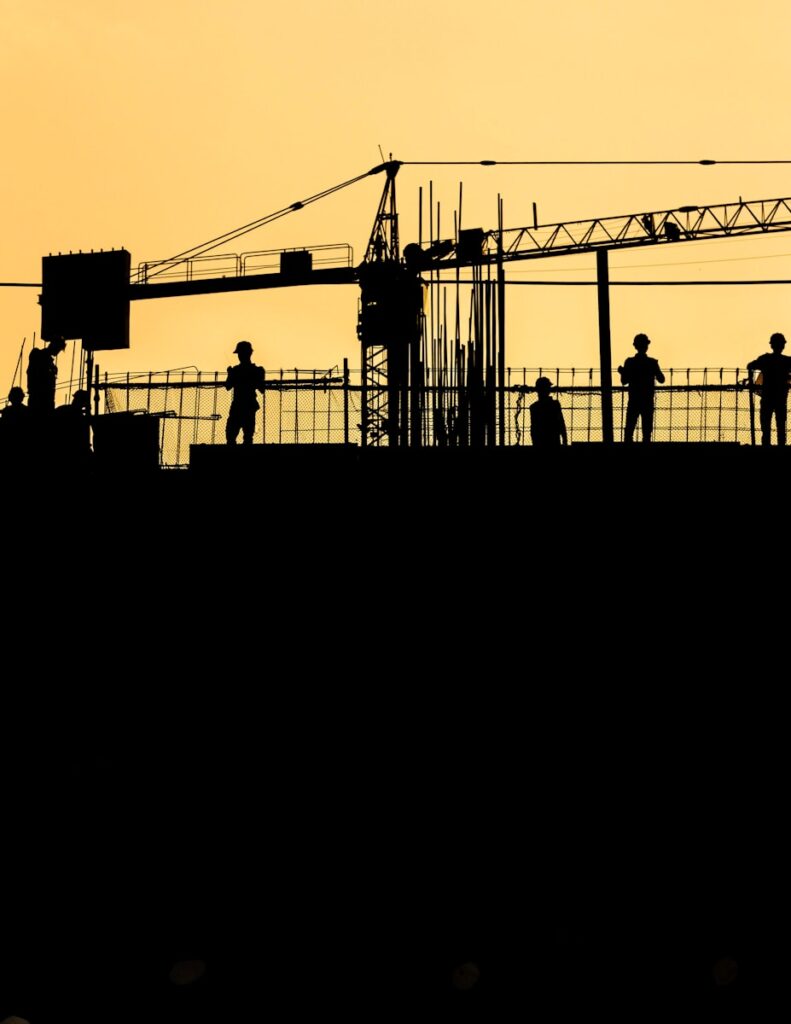
Photo by Shivendu Shukla on Unsplash
Start Your Project with a Partner You Can Trust
The work you do before the construction phase is what determines everything that follows. A strong pre construction approach gives you a project plan that’s clear, realistic, and structured enough to guide every decision. From the initial meeting to the pre construction meeting, this stage helps your project aligns with your goals, identifies challenges early, and sets a solid initial schedule your entire construction team can follow.
When you invest in a thoughtful construction plan, you gain a better understanding of project functional needs, building materials, land acquisition steps, and the cost estimating required to build an accurate project budget. You also get a clearer view of the project’s cost from start to finish, including what you’ll need to plan for in the post construction phase.
If you want your next construction project to move forward with confidence, partner with a team that treats preparation as a priority. The right preconstruction strategy ensures every detail supports your vision long before construction begins—and long after the work is done.
Preconstruction Resources
Dive into these essential resources to elevate your preconstruction expertise. From cost management to sustainable building practices, discover insights, tools, and strategies to ensure your next project is efficient, safe, and successful.
- Preconstruction Best Practices – Discover actionable best practices to optimize efficiency, reduce costs, and manage risks effectively.
- AIA’s Guide to Construction Cost Management – Explore in-depth resources by the American Institute of Architects to manage and control construction expenses.
- Sustainable Building Practices – Explore innovative approaches to eco-friendly construction and LEED certification.
- The Importance of Project Scheduling – Understand how effective scheduling impacts project timelines and resource management.
- Latest Trends in Construction Technology – Stay updated on how emerging technologies are shaping the construction industry
- Construction Safety Tips – Learn key strategies for ensuring workplace safety and adhering to OSHA standards on construction sites.
- Contract Administration Basics – Gain insights into managing contracts efficiently to avoid disputes and ensure compliance.
View Our Work
Aspen Dental
Partnering with The Aspen Group on the construction of a new Aspen Dental facility that’s functional & welcoming for patients & staff alike. South Coast Improvement Company was awarded the construction of a new Aspen Dental facility in Killingly, CT. The...
Springhouse Senior Living – HumanGood
Designed to enhance comfort & functionality. South Coast Improvement company was hired by HumanGood for an interior and exterior renovation at Springhouse Senior Living. Our skilled teamtransformed the 2nd through 5th floor common areas into brighter, more...
